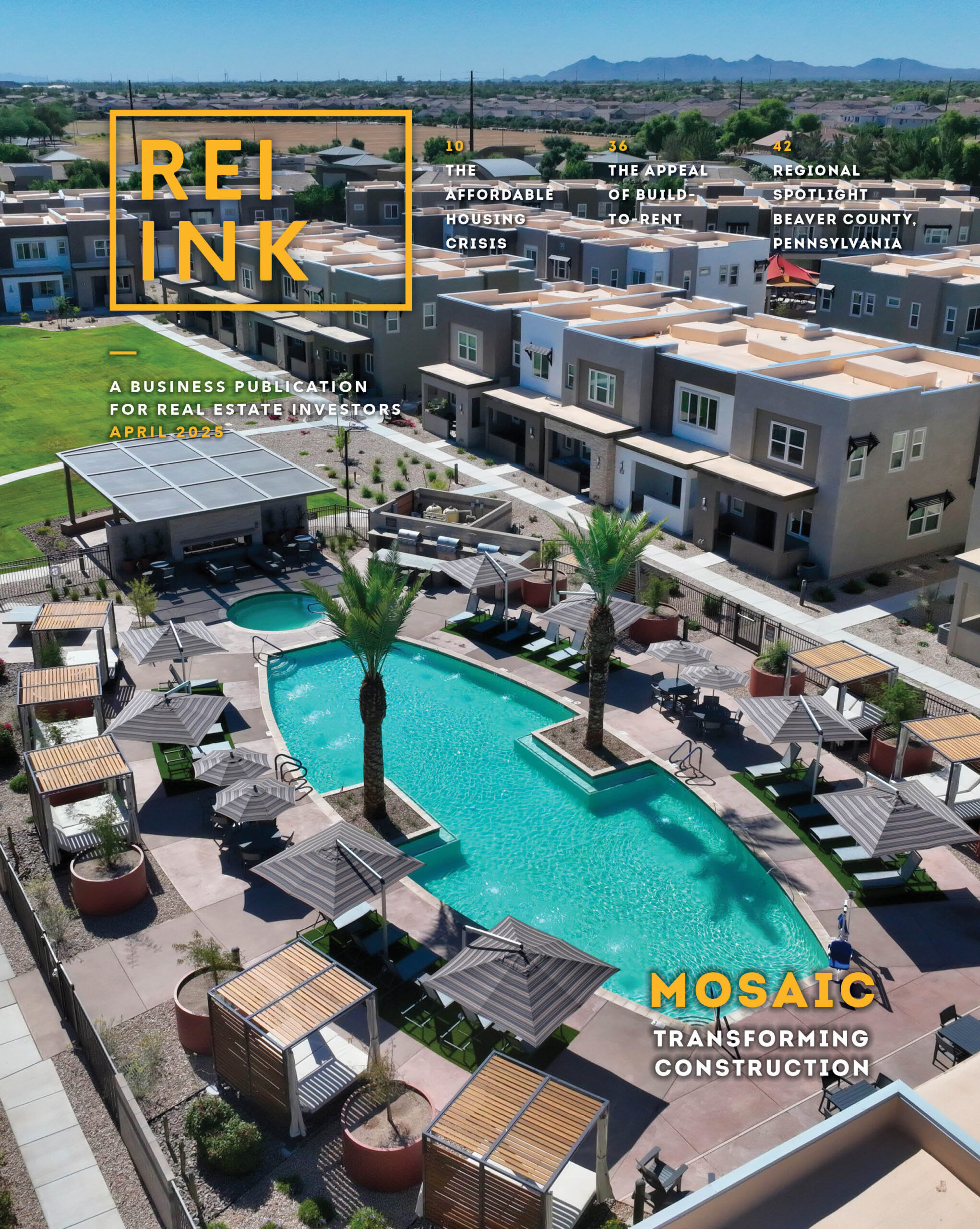Redfin Reports More Sellers Dropping Their Prices, But Buyers Find Little Relief
Homebuying is as competitive and costly as ever as soaring mortgage rates make the market less inviting for many would-be sellers The share of home sellers who dropped their asking price shot up to a six-month-high of 15% for the four weeks ending May 1, according to a new report from Redfin (redfin.com), the technology-powered real estate brokerage. That’s up from 9% a year earlier, and represents the largest annual gain on
Read More








